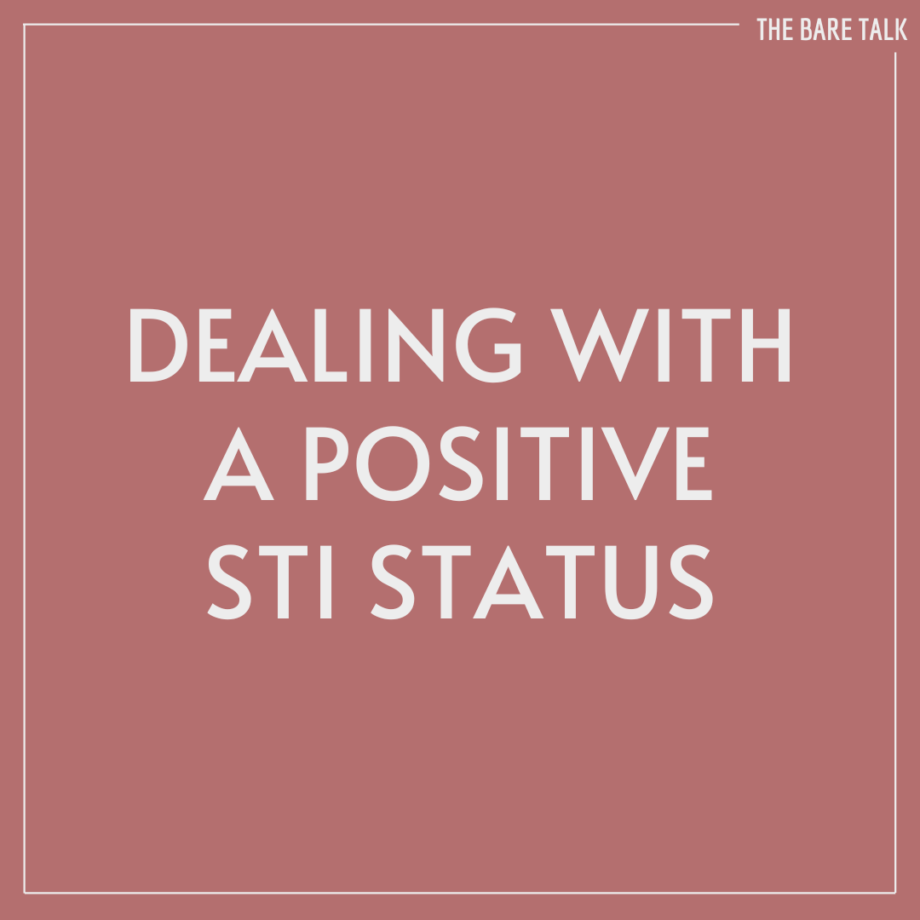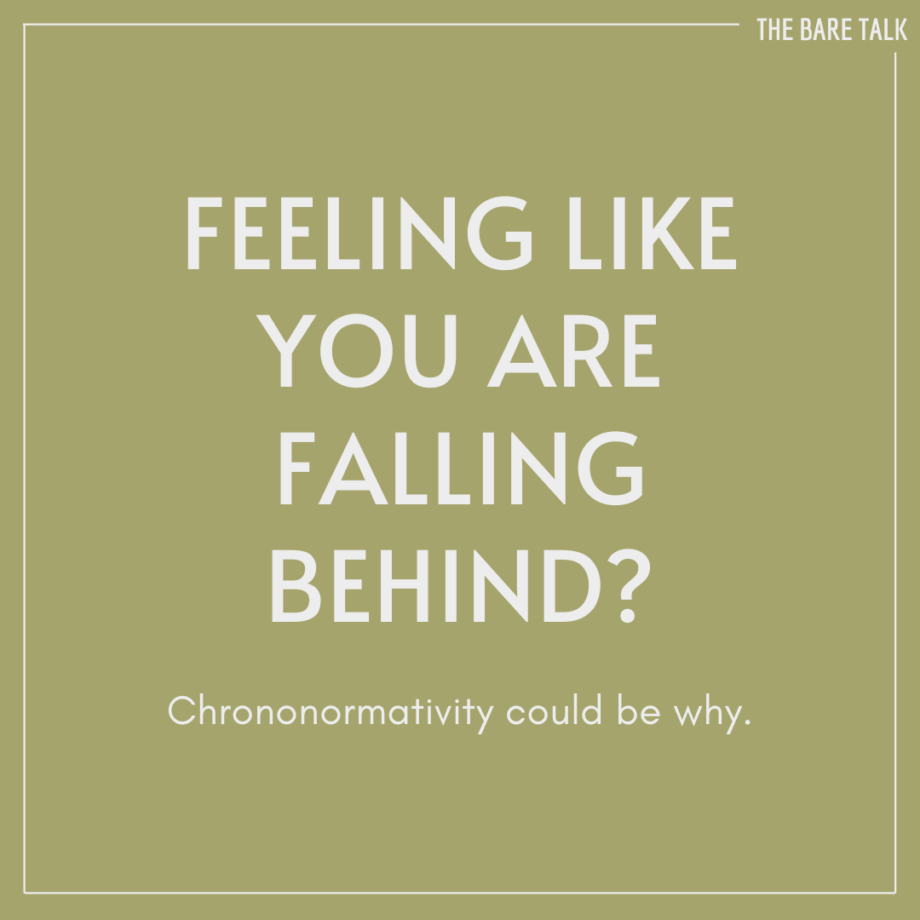We all seek love, attention and want to be nurtured. It’s basic human nature.
We’ve heard the phrase, ’humans are social animals’, countless times, but why is socialising such an important aspect of our life?
Well, first off, evolution was dependent on it because traveling & living together as a group was advantageous. And second, from the moment we enter this world, we are surrounded by people. We spend time with them, imitate them, learn from them, and they lend to our life experiences helping us grow as individuals.
The World Health Organization (WHO) also recognizes social relationships as an important determinant of health throughout our lives. Additionally, a recent study published by the American Psychological Association (APA) suggested that staying socially active and having social goals was associated with higher well-being later in life.
Even though the world has evolved over centuries, things haven’t changed much. Socialising is still an integral part of our lives, maybe more so than before; and in addition to the countless other life-threatening situations, like increase in drug use, obesity, stress, etc., we cannot ignore the threat of loneliness.
According to UCSF geriatrician Carla Perissinotto, loneliness is “the discrepancy between one’s desired relationships and one’s actual relationships.” Simply put, loneliness is “Sadness because one has no friends or company.”
Numerous studies over the years have shown that loneliness can be linked to depression, eating disturbances, sleep disturbances, headaches, nausea, poor immune & cardiovascular functioning, etc (Adam, et al., 2011).
But do we need to be talking about this? Well yes, because we cannot ignore the impact of loneliness any longer. It doesn’t really pick favourites… people across all ages, gender and even cultures struggle through it.
But in this article, we want to focus only on what loneliness does to men. Why? Because even though a lot of women might be lonely, it is usually more socially acceptable for them to share their feelings, to feel sad, to express a need/desire for having people in their lives who care; but to feel the same as a man, even though, is very normal.. isn’t as well received.
This is probably because as a society, we’ve carried this misconception, over generations, that men are “macho” and are supposed to be always strong, emotionless, and so forth.
When we think of ‘Masculinity’, we don’t picture individuals who cry watching movies or share their feelings freely or express much emotion, in general. We imagine strong buff men who are emotionally unavailable or sexually aggressive and maybe even violent. But does this mean men don’t have emotions? That they don’t grieve when they lose someone? They don’t feel sadness when they have no one to love or even to love them?
Of course they feel these emotions, they have all the ‘feels’. But we still don’t let them talk freely, openly or provide safe spaces to express emotion without ridicule.
And therefore, it is important to address loneliness in men, especially in societies where patriarchal values still have a strong foothold.
A large scale Australian study (2014) examining the relationship between social support & mental health, reported that there was a widespread expectation that men in their middle years would experience dissatisfaction with their social lives. Almost seven in ten (69%) agreed that most men will go through a lonely period at some stage, and almost two-thirds (63%) agreed that it was normal to lose touch with your friends as one got older.
The study also suggested that pattern of social connectedness among men is diverse and men who experienced loneliness seemed to rely more on friendships they had formed very early in life (teens or even 20’s). Most of these friendships were based on a common interest or a shared purpose, like sports, and as the interest shifted over time, the friendships drifted apart.
Moreover, there were also some differences in opinion about how men and women managed their friendships. People believed that men and women become friends (with their own sex) for different reasons, and women are also more likely to reach out and take initiative or even ask for help/advice. Therefore, this resulted in men having more superficial relationships which were more vulnerable over time than women’s friendships.
These thought processes in both men & women, do reflect how our ingrained patriarchal values may prevent from initiating or maintaining friendships over long periods of time… because they should be strong enough to be alone, or ‘macho’ enough to not need support.
Now, we not only have enough evidence to link loneliness to cognitive decline, but also physical illnesses like coronary heart disease, hypertension, diabetes & autoimmune disorders, etc. By placing these societal expectations on men, we are not only pushing them towards misery, but also threatening their mental and physical health.
We cannot ignore the importance of social connectedness for a healthy life. In the light of the evidence, it is necessary to educate so that we can reduce the stigma associated with expression of emotions in men and provide support so we are able to live healthy fulfilled lives.



